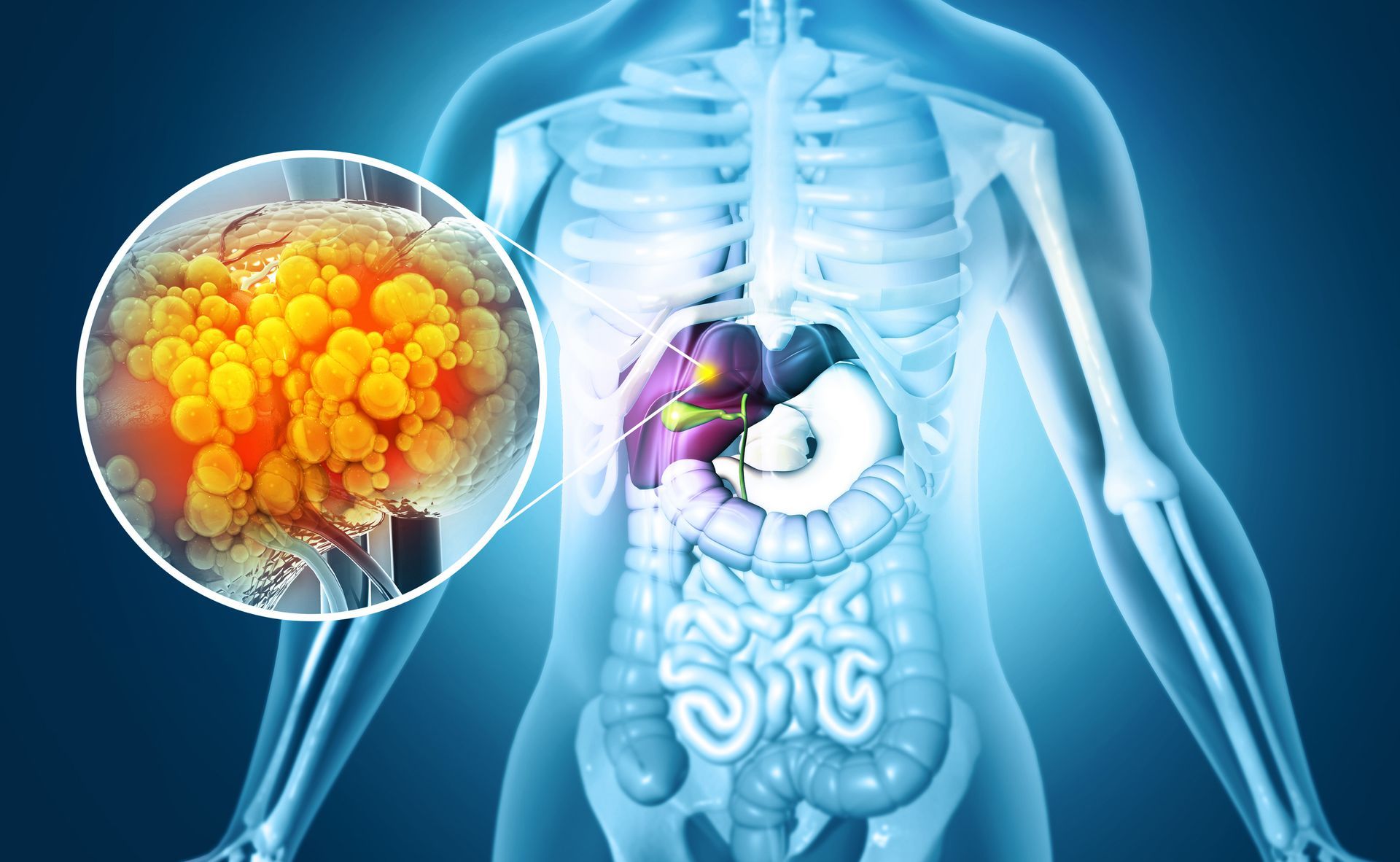Gallstone Surgery in Panama City, Florida: What are Gallstones and What to Expect
Millions of people are susceptible to the common and frequently painful condition known as gallstones. Let’s take a closer look at gallstone surgery, also known as cholecystectomy, to better help you understand this technique and its significance in managing gallstone-related difficulties.
Understanding Gallstones
Gallstones are solid objects that develop in the gallbladder, a tiny organ that stores bile, a substance that facilitates digestion. Gallstones can range in size and makeup, and while some people may suffer no symptoms at all, others may struggle with terrible pain, jaundice, or other side effects including pancreatitis. Surgery could be required when gallstones start to cause problems and affect a patient's quality of life.
The Role of a Gastroenterologist for Gallstone Surgery
Gallstone diagnosis and treatment are crucially dependent on gastroenterologists. We use a variety of diagnostic techniques, such as ultrasound and blood testing, to identify the presence of gallstones and assess the condition's severity. After a diagnosis has been made, we work closely with patients to choose the best course of action, which may entail gallstone surgery.
Types of Gallstone Surgeries:
Laparoscopic The most popular method for removing gallstones is a minimally invasive procedure called a cholecystectomy. Small incisions must be made, and a laparoscope must be used to view and remove the gallbladder. Most patients recover more quickly, have fewer scars, and feel less discomfort after surgery. When laparoscopic surgery is not an option or there are difficulties, open surgery may occasionally be necessary. A lengthier hospital stay and recuperation period may be necessary following an open cholecystectomy due to the wider incision.
The Importance of Gallstone Surgery
When individuals have gallstone-related problems or chronic symptoms, surgery may be required. Gallstones that are left untreated can cause major health problems such bile duct obstruction, pancreatitis, or gallbladder inflammation (cholecystitis). Surgery improves a patient's overall quality of life by reducing symptoms as well as averting potential complications.
Recovery and Postoperative Care
Patients who have had gallstone removal surgery are given thorough instructions on how to recover, including food suggestions and activity limitations. While open cholecystectomy could necessitate a lengthier recovery period, laparoscopic surgery allows for a quicker return to normal activity. It's crucial to schedule follow-up visits with a gastroenterologist to keep track of development and guarantee a speedy recovery.
Gallstone surgery is a crucial intervention for individuals dealing with the debilitating effects of gallstones. As gastroenterologists, we are dedicated to diagnosing, managing, and guiding patients through this process to improve their well-being. If you or a loved one are experiencing symptoms related to gallstones, don't hesitate to seek medical advice.
The experts at Digestive Diseases Center in Northwest Florida are here to help with all of your digestive health needs.
CONTACT
850-763-5409
ADDRESSES
4 LOCATIONS
204 E 19th Street, B, Panama City
12216 Panama City Beach Pkwy, D, Panama City Beach
4295 3rd Ave, Marianna
101 Good Morning St., 109B, Port St. Joe
Subscribe to our newsletter:
subscribe to our newsletter
We will get back to you as soon as possible.
Please try again later.



